"That gossip really made me depressed and I didn't want to go to school, it still happens to me until now." That is just one of many stories shared by victims of online bullying on the Fanpage called "Online bullying - everyone's problem" that many people are interested in.
The figure "1 in 5 children and adolescents are bullied online, worryingly 3/4 of them do not know where to seek help" was announced on May 23 by Ms. Lesley Miller, Deputy Representative of the United Nations Children's Fund (UNICEF) in Vietnam at the workshop "Children in the digital world - addressing risks and promoting opportunities" makes us pay special attention to this issue. Especially during the summer vacation, when children have time to relax and spend more time on the internet.
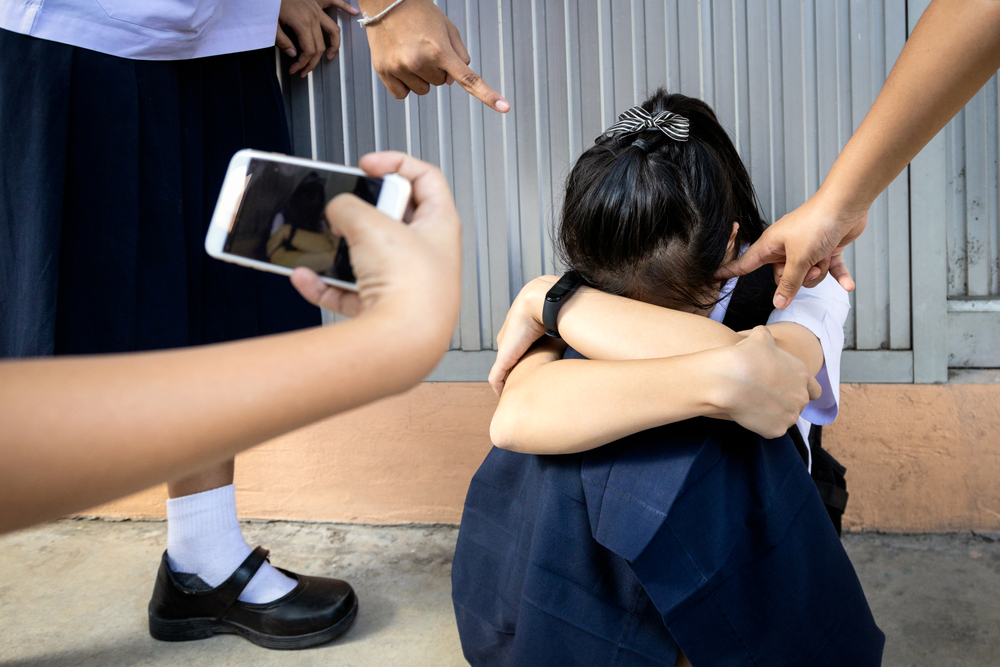
Online bullying is a common phenomenon among students.
B WAS BULLIED BECAUSE "HER FACE LOOKED OLD"
"I have a close friend since elementary school. When we were in 10th grade, she was bullied, both at school and online. Even though I played with her, the group of bullies didn't do anything to me, because I had been with that group since before she was bullied. I asked why they bullied her, and they said: "I saw her face was so arrogant, so I hated her." At school, they glared at her, touched her first, and found an excuse to cause trouble. Once, they took a photo of her and posted it on social media, and people in that group and unrelated outsiders all laughed at her. I was really upset, but I couldn't do anything because that group hung out with gangsters," a female student shared on a page of online bullying victims.
Another parent shared the story of her daughter, who was in 9th grade that year. She was always an excellent student in class and had a pretty appearance, an innocent personality, and got along with everyone, but she was bullied. One day after coming home from school, she discovered that her daughter had scratches on her hands, then she would withdraw into her room, her face always sad, and even more worryingly, she told her mother "I don't want to go to school anymore". After confiding in her daughter, she found out that in class, her daughter was teased excessively by female friends, touched her body, and even beat her up, filmed the bullying, cut her hair, and posted it on social media...
THE DARK SIDE OF ANONYMOUSNESS
Once a victim of online bullying, NUP, a student at the University of Social Sciences and Humanities in Ho Chi Minh City, said that in her first year, she and her group members created a "script" to badmouth each other on Facebook to attract friends to view their course products. Although they only posted the information on their personal pages, just a few days later, the group's actions were anonymously attacked with harsh, derogatory words on the school's confession page, which has more than 140,000 followers.
Forms of online bullying
According to UNICEF, forms of cyberbullying that can commonly occur are:
Spreading lies about or posting embarrassing photos of someone on social media;
Sending hurtful messages or threats via digital platforms, impersonating someone and sending malicious messages to others on their behalf;
Impersonate someone and send malicious messages to others in their name or through a fake account.
UNICEF notes that some children have difficulty distinguishing between pranks and cyberbullying. But if you feel upset or hurt by someone’s online behaviour that involves you, and you can’t get the behaviour to stop, you may be a victim of cyberbullying.
Thuy Hang
"Most recently, we were also publicly "executed" on confession for the same reason. Both times, we attracted a large number of netizens, whether familiar or unfamiliar, to support or defend us. Honestly, this greatly affected my spirit, making me both sad and skeptical about whether what I did was really that wrong. It felt like an act of joking with a family member became the center of attention of the entire online world," P. likened.
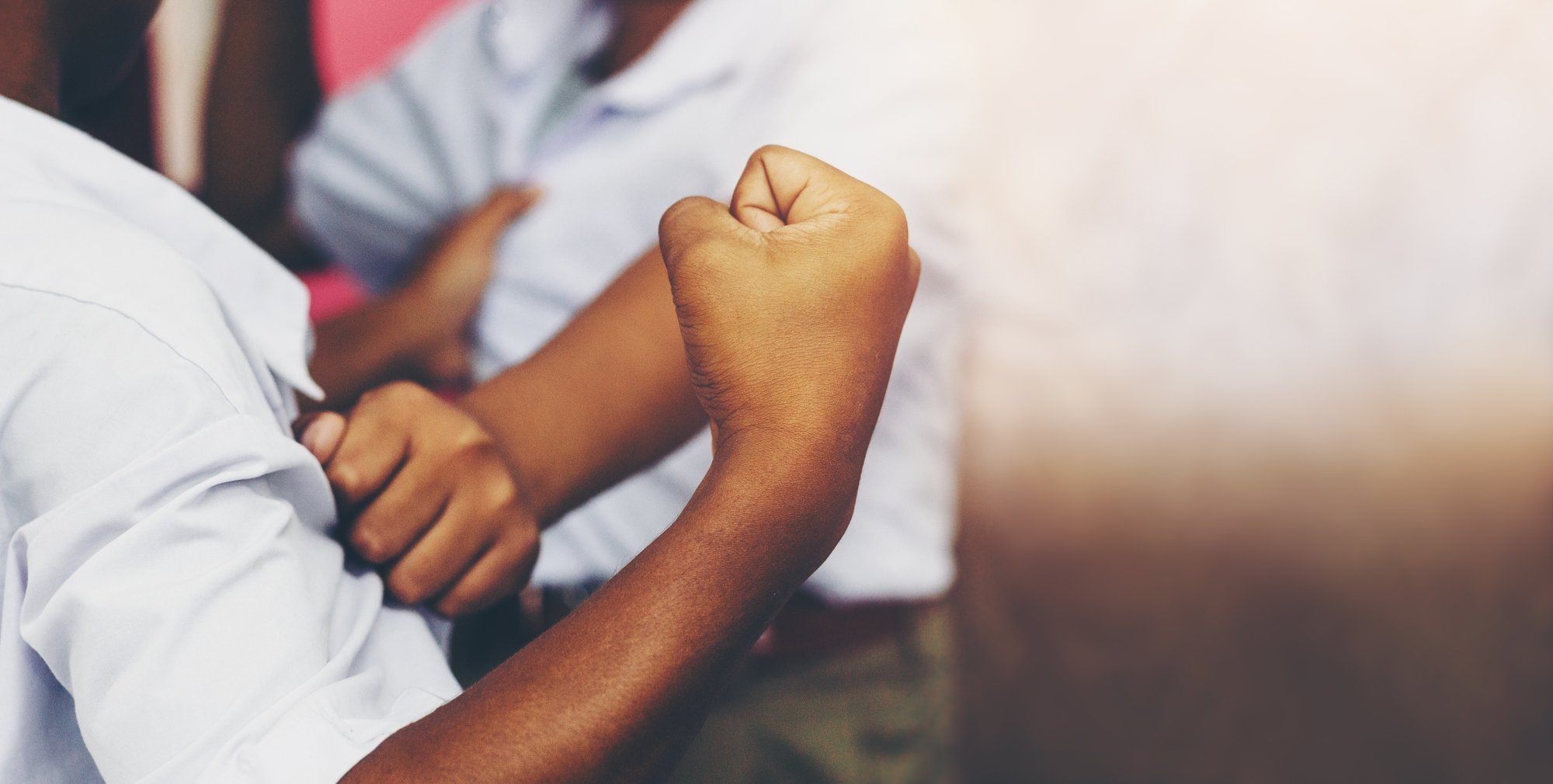
Bullying today is not only in real life but also manifests through social networks.
According to the female student, in her case, the act of online bullying only stemmed from personal malice and thanks to the confession, it had the opportunity to "explode". "The anonymous feature on social networks seems to allow anyone to be able to commit cyber violence against others in the name of justice",
P. admitted. "Until now, I still don't know who sent the criticism and whether they are close to me," she confided.
H.D (living in District 7, Ho Chi Minh City) said that because of disagreements with some classmates in grade 10, she was added to a chat group with related people to listen to collective insults. Unless the child proactively shares, D. said it is difficult for the school and family to know that their child is being bullied online because there are no physical signs and the perpetrator can easily erase the evidence with just a few clicks on the screen.
"Online bullying is a common phenomenon that can happen to anyone, anywhere. A photo on a personal Facebook page, a status line setting up the best friend feature on Instagram or a message on Messenger, as long as it is not suitable for the recipient's point of view, can be "exposed" on social media channels. And the consequences do not only take place in the virtual space but also directly affect real life," D. stated his opinion.
PANIC BECAUSE OF BEING TEXTED AND SENT WITH OBSCENE PICTURES
Ms. Nguyen Thi Song Tra, Head of the organizing committee of the S-Project sex education project for children in provinces and cities in Vietnam, still remembers the story a few years ago when she came to talk to students at an inter-level school in Hanoi about the issue of sexual abuse.
At the end of the session, a 6th grade girl came to see Ms. Song Tra and confided in her a story that scared her. Out of curiosity and the desire to make new friends, the girl used Facebook. Not having much knowledge of how to use social networks, the girl was not wary of friend requests from strangers and became friends, regularly texting on Facebook with an older man. When they became closer, the man continuously sent her pornographic images and asked every day "have you come home from school yet?", "has anyone touched you today?"...
Recognizing Children Who Are Being Bullied Online
How to recognize if a child is being bullied online? Master Vuong Nguyen Toan Thien, a psychologist at the City Children's Hospital, said that parents can first observe whether their child has negative emotions, fear, or stress when using social networks.
However, not many cases can easily detect this problem. When a child is bullied online, it can cause negative effects related to mental health. Parents can observe the following 4 factors:
Thoughts: Children often have verbal thoughts complaining about being threatened, bullied, slandered, stoned by others, or self-evaluating themselves as inferior, bad, ashamed...
Emotions: when there are prolonged feelings of anxiety, sadness, stress, anger, especially when using or referring to social networks.
Behavior: children constantly check social networks or suddenly stop using social networks, internet-connected devices (phones, computers, etc.); children change eating and sleeping habits; self-harm or suicidal behavior.
Related factors: children often skip school, refuse to go to school; academic performance declines.
Thuy Hang
After that, he sent selfies of his sensitive body parts to the female student and asked her to take photos of herself and send them to him. Confused, scared and feeling something was wrong, the girl unfriended him, deleted all messages and did not dare to use Facebook.
According to the founder and head of the organizing committee of the S-Project sex education project for children, not only girls are victims of sexual abuse through words, messages, and online images, but many male students and teenagers are also victims.
(to be continued)
Source link



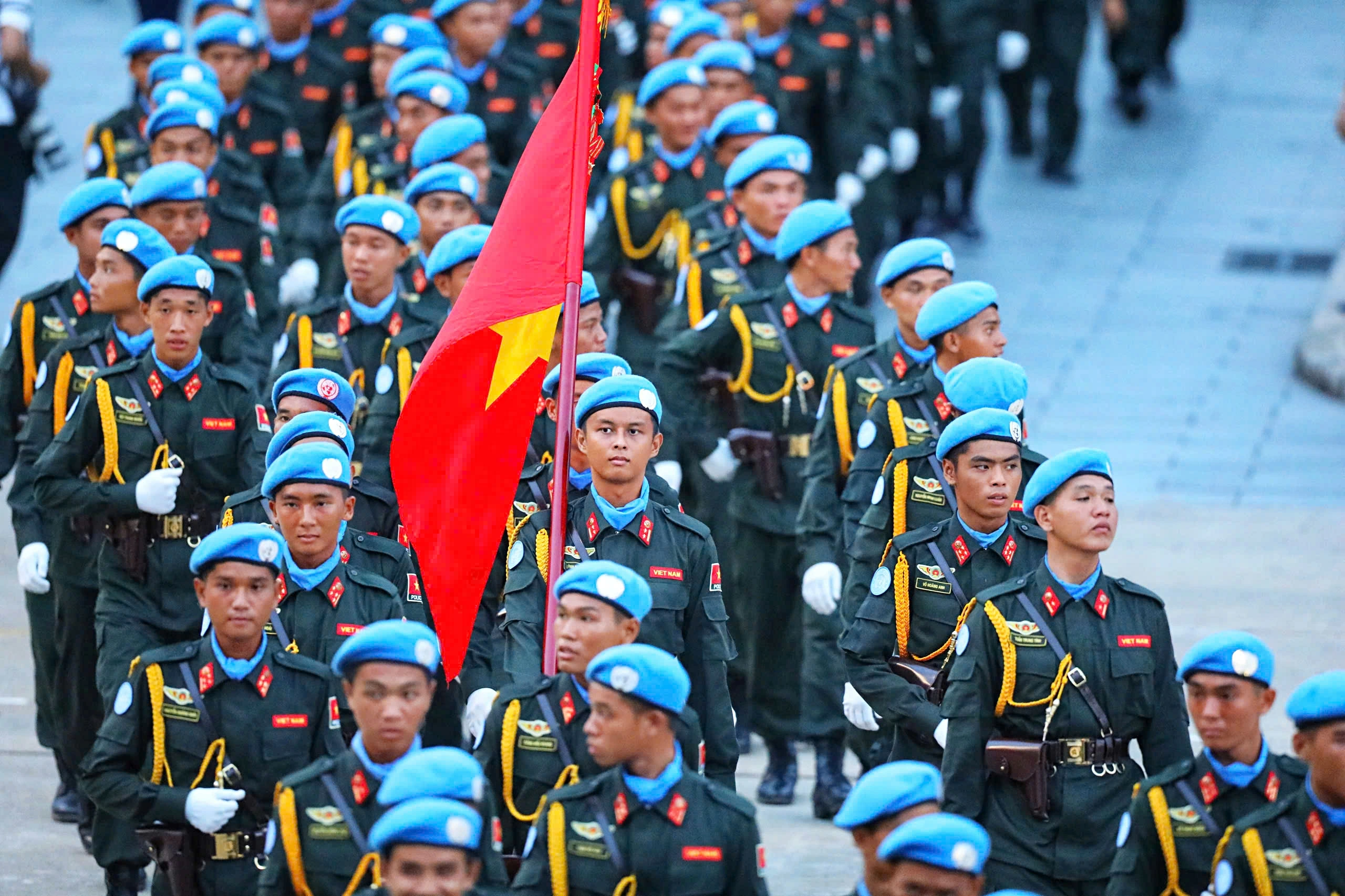


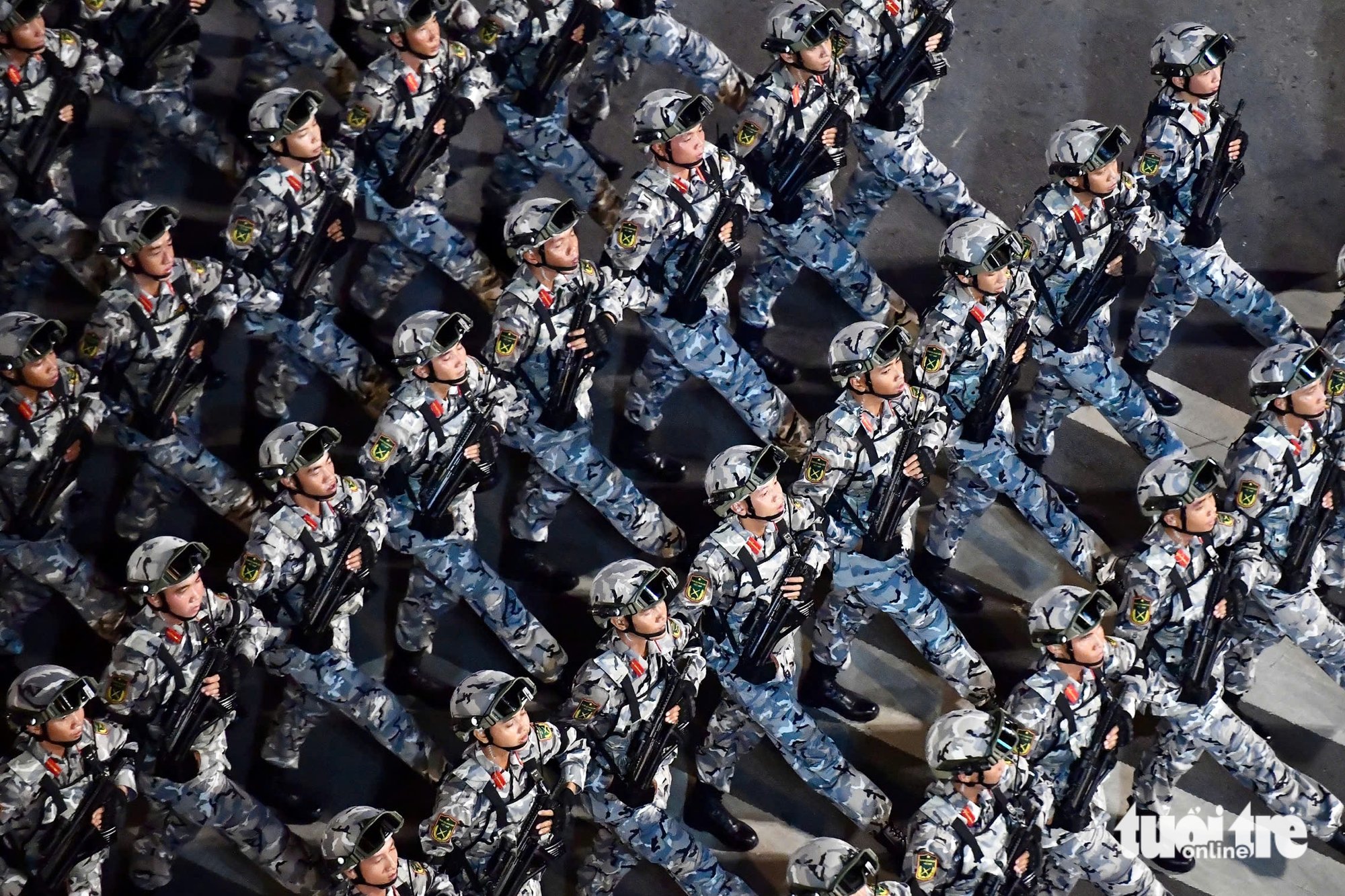
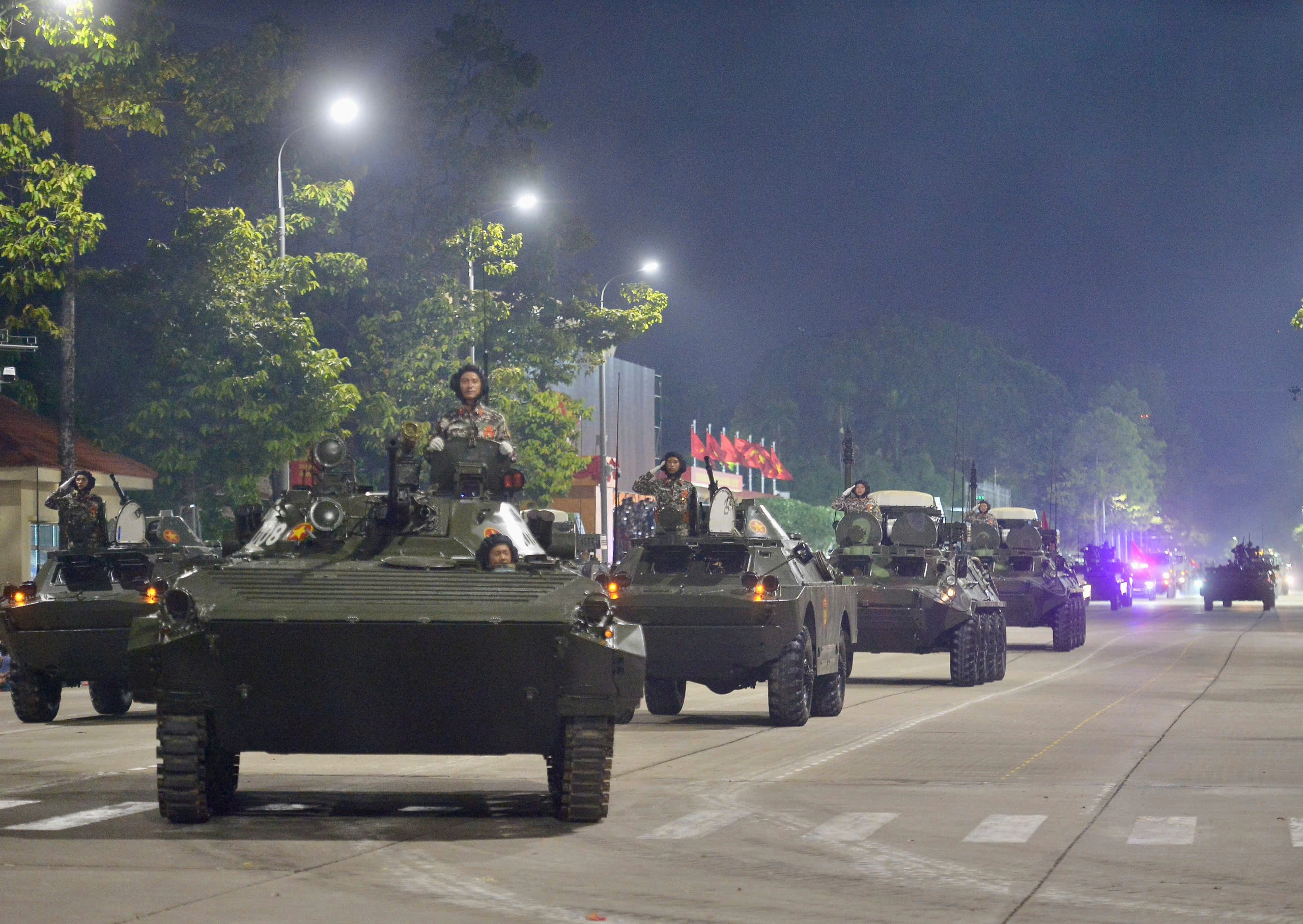

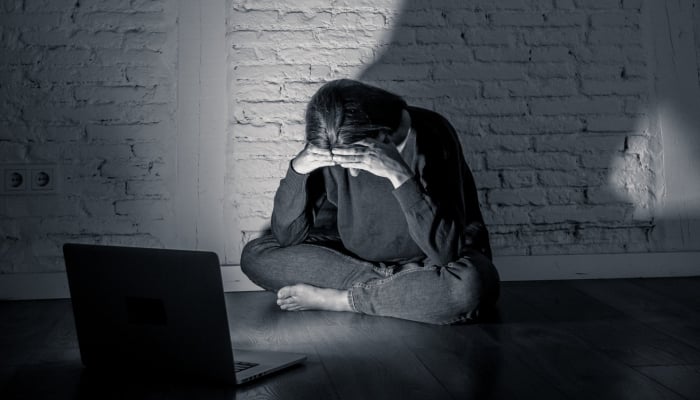

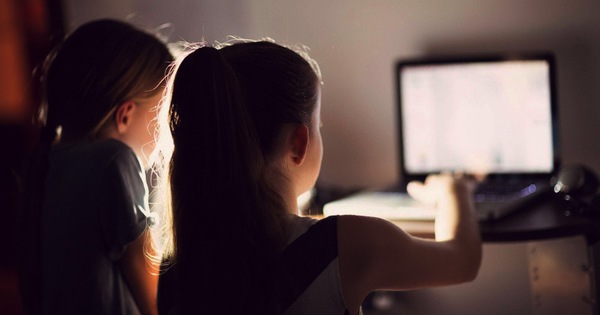

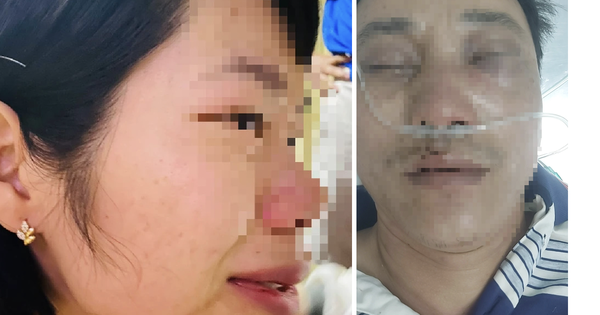
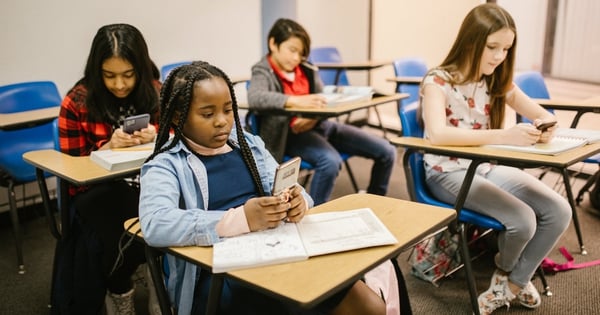

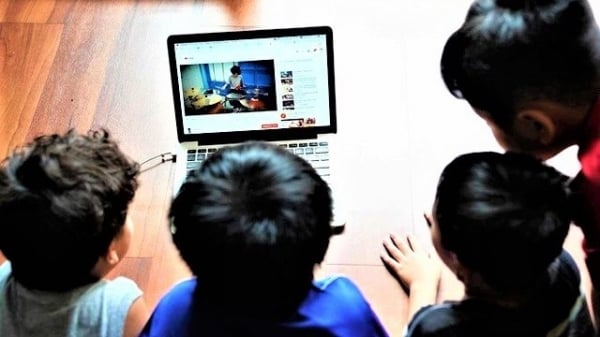








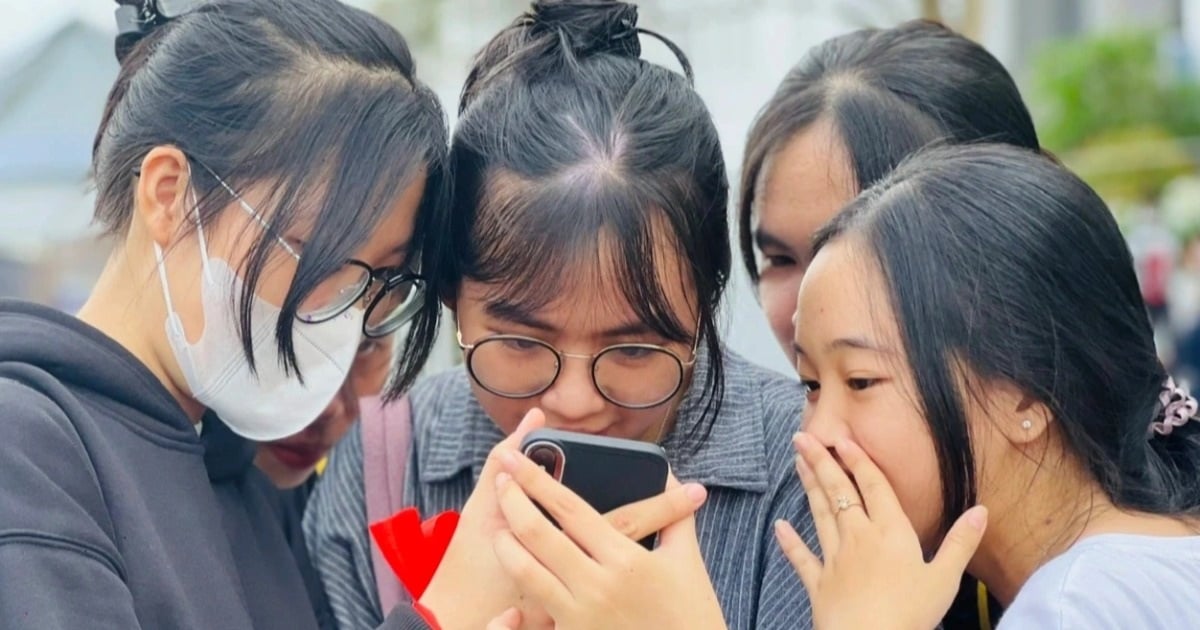






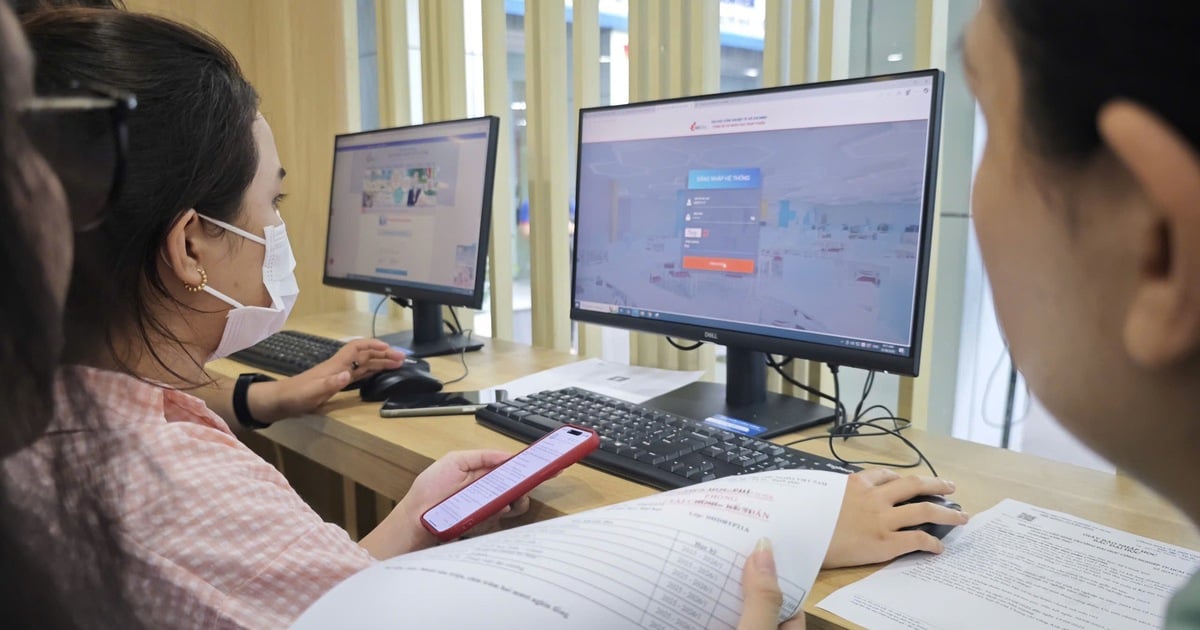




































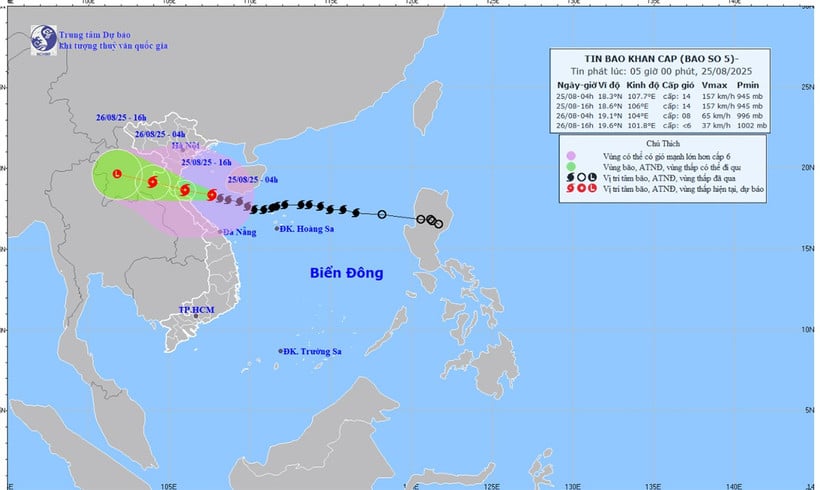
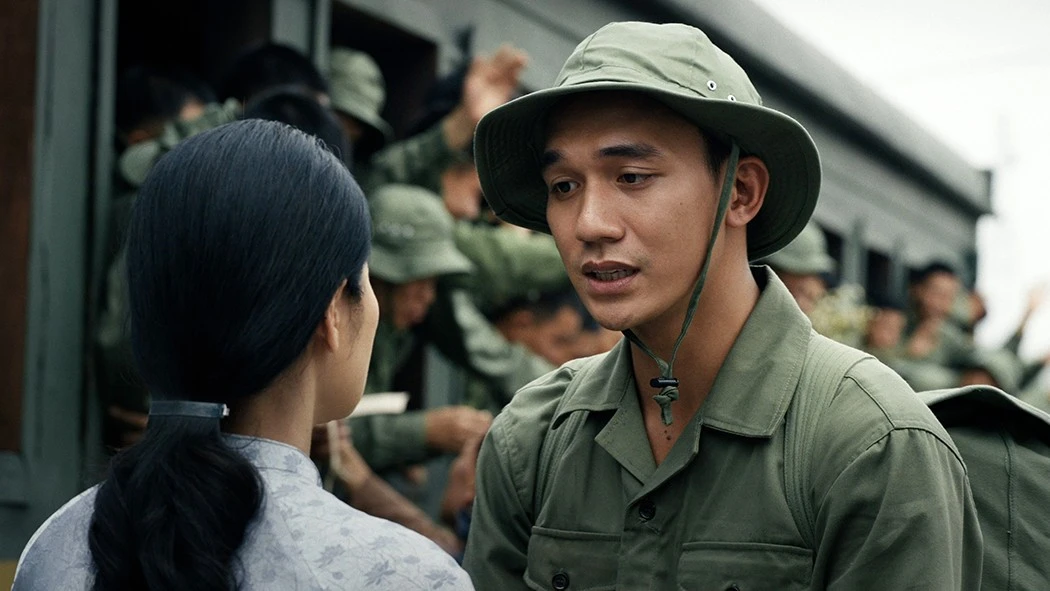













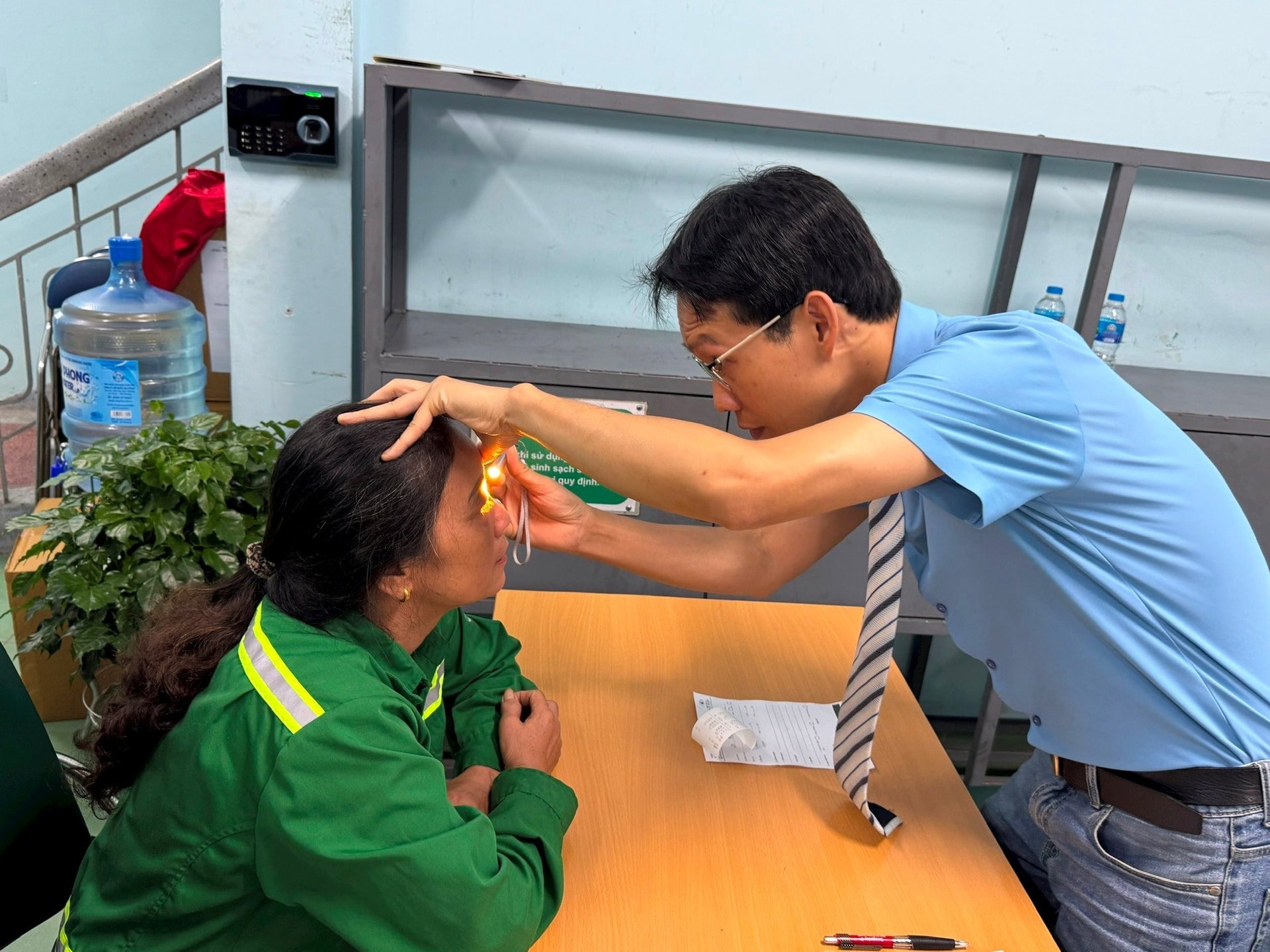

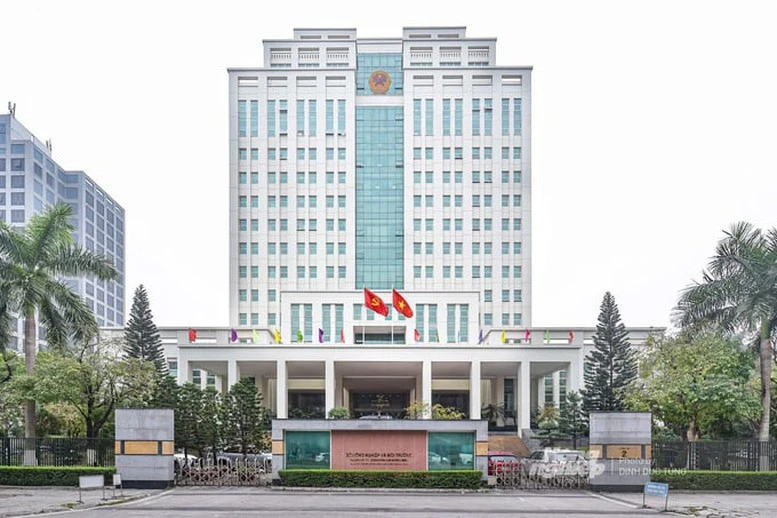

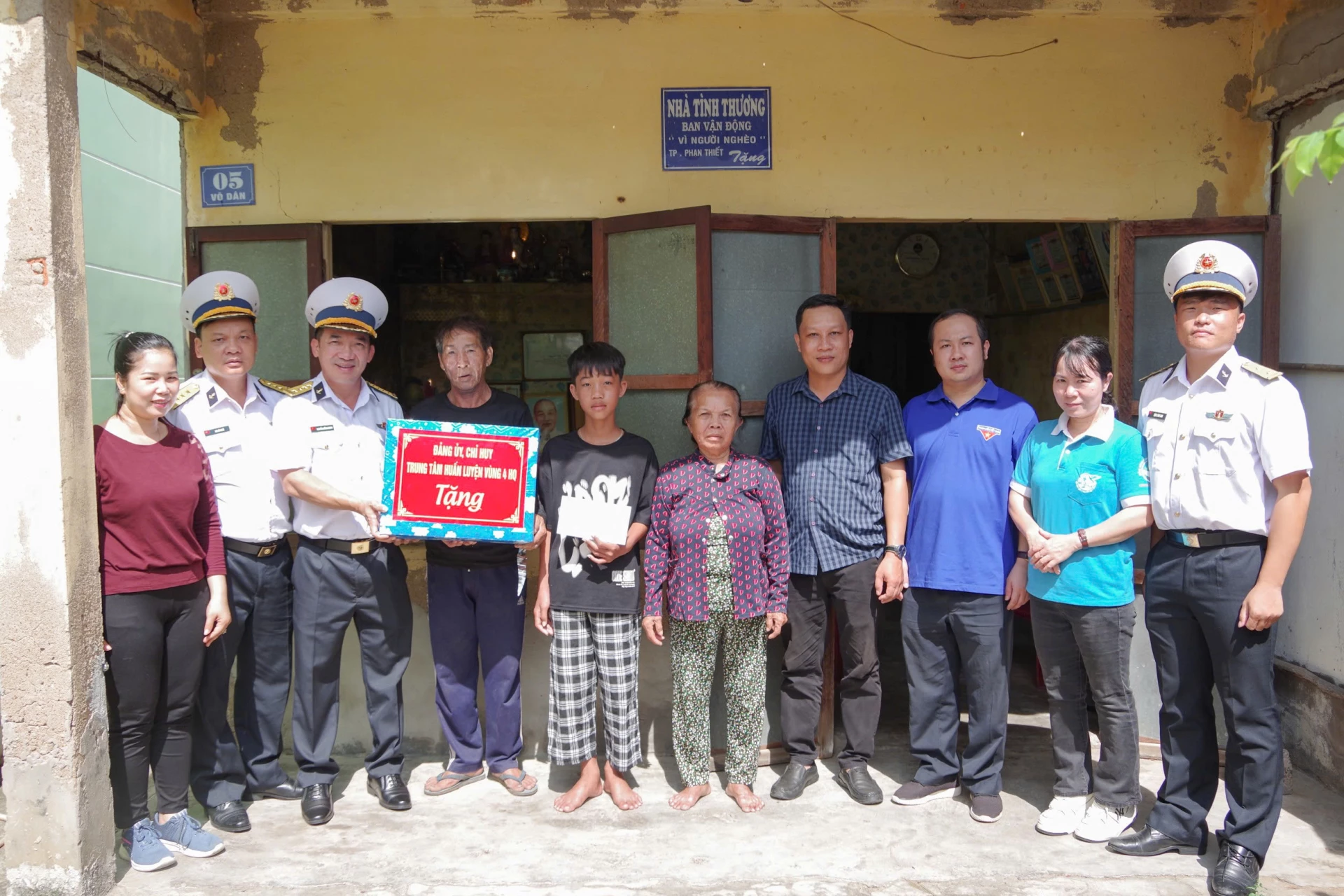


















Comment (0)